BB4-MM141-100μg / 询价
BB4-MM141-500μg / 询价
BB4-MM141-500μgx2 / 询价
Mouse 4-1BB/TNFRSF9 Protein
Recombinant Mouse 4-1BB/TNFRSF9 Protein is expressed from HEK293 with His tag at the C-Terminus.
It contains Val24-Leu211 [Accession | NP_001070976.1].
The protein has a predicted MW of 21.2 kDa. Due to glycosylation, the protein migrates to 40-50 kDa based on Bis-Tris PAGE result.
> 95% as determined by Bis-Tris PAGE
> 95% as determined by HPLC
Less than 1EU per μg by the LAL method.
Lyophilized from 0.22μm filtered solution in PBS (pH 7.4). Normally 8% trehalose is added as protectant before lyophilization.
Centrifuge the tube before opening. Reconstituting to a concentration more than 100 μg/ml is recommended. Dissolve the lyophilized protein in distilled water.
-20 to -80°C for 12 months as supplied from date of receipt.
-80°C for 3 months after reconstitution.
Recommend to aliquot the protein into smaller quantities for optimal storage. Please minimize freeze-thaw cycles.
4-1BB, is also known as CD137, is a type 2 transmembrane glycoprotein receptor belonging to the TNF superfamily.CD137 can be expressed by activated T cells, but to a larger extent on CD8 than on CD4 T cells. In addition, CD137 expression is found on dendritic cells, B cells, follicular dendritic cells, natural killer cells, granulocytes and cells of blood vessel walls at sites of inflammation.
CD137; TNFRSF9; 4-1BB ligand receptor; 41BB; 4-1BB; CDw137; FLJ43501; ILA; T cell antigen ILA
(1)Vinay D S , Kwon B S. 4-1BB (CD137), an inducible costimulatory receptor, as a specific target for cancer therapy[J]. BMB Reports, 2014, 47(3):122-129.










